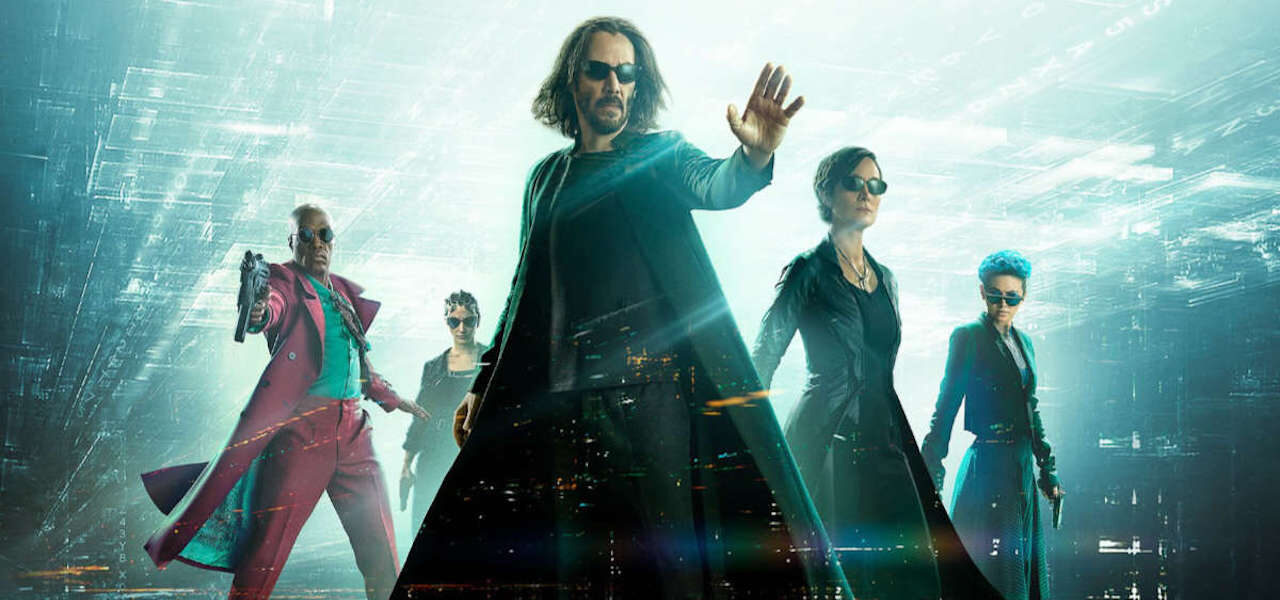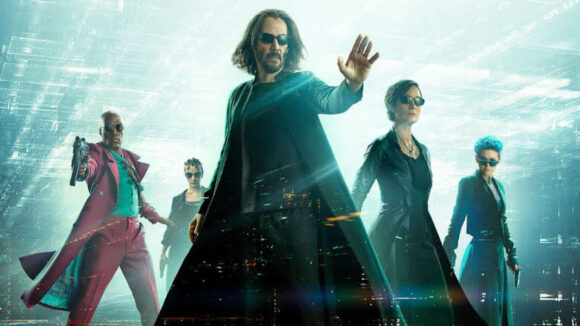

DNEG Will Go Public In $1.7 Billion SPAC Deal
DNEG is to go public via a merger with a special purpose acquisition company, or SPAC.
The multi-Oscar-winning vfx giant, whose credits include Dune, The Matrix Resurrections, and No Time to Die, has agreed to merge with NASDAQ-listed Sports Ventures Acquisition Corp. The resulting company will be known as DNEG and valued at around $1.7 billion. It will be led by Namit Malhotra, DNEG’s CEO and chairman.
The deal is expected to close in the first half of this year, pending approval by Sports Ventures’ shareholders and other closing conditions.
This is a simpler way to go public than through a conventional IPO. London-based DNEG announced plans for an IPO in 2019, but then rowed back, citing market uncertainty due to Brexit and other factors.
The company expects to receive around $400 million in gross transaction proceeds, including $168 million of private investment in public equity from investors such as Novator Capital. The money it gets could be used to expand its already fast-growing business.
Last August, it was announced that Novator was investing $250 million in DNEG’s parent company Prime Focus Limited. The news came as DNEG was starting to explore opportunities in areas such as gaming and original IP creation. It is also growing its feature animation unit, whose first film Ron’s Gone Wrong was released by Disney last year.
DNEG has also expanded its presence in Canada and India. The company now employs an estimated 7,000 staff across eight locations: L.A., Montreal, Toronto, Vancouver, London, Bangalore, Chandigarh, Chennai, and Mumbai. It projects around $400 million in revenue in the fiscal year ending March 31, 2022.
The SPAC merger is backdropped by a boom in the vfx industry, with demand fueled by big spending in the streaming wars — and increasingly by the growth of the metaverse. Real-time tech company Unity recently acquired a large chunk of vfx studio Weta Digital for around $1.6 billion.
SPACs were relatively rare a decade ago but their popularity has skyrocketed recently, particularly during the pandemic. However, shares in companies that merge with SPACs fell in the second half of 2021, leading to talk of the bubble having burst.

